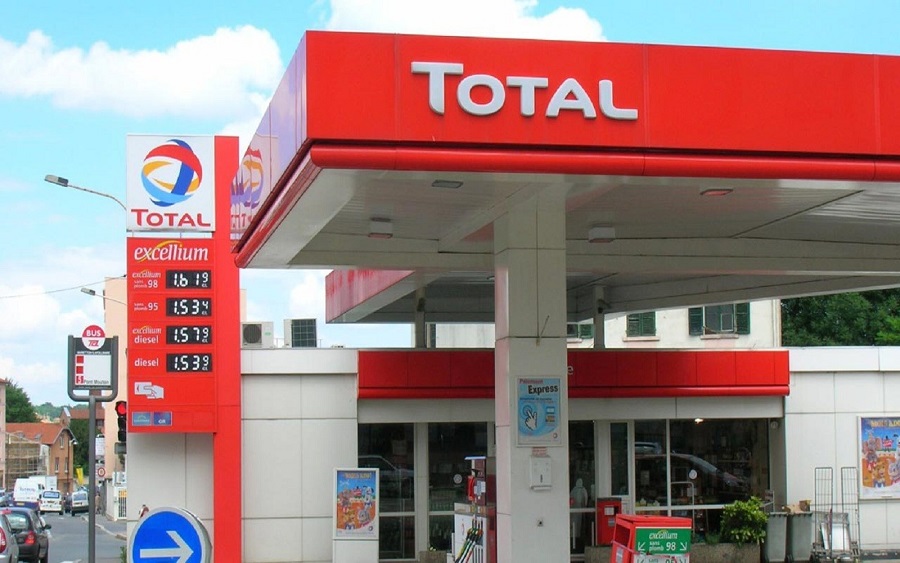International oil companies in Nigeria have expressed their fears that proposals in the long-awaited Petroleum Industry Bill (PIB) will discourage investment in new offshore projects.
They said that the bill, which is before the National Assembly for consideration and passage, is seen as unfavourable for deepwater projects, and urged the Federal Government to offer royalty relief programmes.
This disclosure was made by the Managing Director/Chief Executive of Total Exploration and Production Nigeria Limited, Mike Sangster, to the lawmakers during a public hearing on the PIB in Abuja, according to Bloomberg.
READ: PIB may be passed by first quarter of 2021 – Sylva
What the Managing Director of Total told lawmakers
Mike Sangster, in his statement, said, “Our review of the Petroleum Industry Bill shows that deepwater provisions do not provide a favourable environment for future investments and for the launching of new projects.”
While speaking on behalf of the Oil Producers Trade Section (OPTS), a group of 30 oil producers that include Royal Dutch Shell, Exxon Mobil Corporation, Chevron Corporation and Eni SpA, which he also chairs, Sangster said that to encourage new investment, the proposed law should grant deepwater oil projects full royalty relief for the first 5 years, or a graduated royalty programme.
READ: NNPC GMD says AKK pipeline, Nigeria’s biggest gas project is 15% complete
Making a presentation on gas, Sangster said, “The PIB should provide a clear path for transitioning to a free market-based pricing, not add additional compliance conditions on domestic gas delivery obligations as a precondition for export gas supply.”
On the preservation of terms of existing investment, Sangster said, “We recognize the government’s right to change laws but the PIB must explicitly preserve rights. Operators should be allowed to retain the entirety of their lease areas and new terms should apply to new contracts, licenses and leases.”
He noted that Nigeria was facing growing competition for new investments, as the country was able to attract only $3 billion or 4% out of the $70 billion that was spent on new projects in Africa between 2015 and 2019.
READ: Oil firms’ debt status: How it affects Nigerian banks
What you should know
- The passage of PIB, which has faced a couple of setbacks for almost 2 decades, has been held up by political disagreement and objections from International oil companies who say that government is asking for an excessive increase in revenue.
- The bill seeks to introduce pertinent changes to the governance, administrative, the regulatory and fiscal framework of the Nigerian oil and gas industry in order to ensure transparency, strengthen the governing institutions and attract investment capital, among other objectives.
- The oil firms desire a critical look into their concerns about the PIB as at least half of Nigeria’s total crude output is from offshore oilfields, helping to offset declining production from mature onshore assets. But recent discoveries have remained undeveloped in the face of regulatory and legislative uncertainty.
READ: UK court dismisses $1.1billion Nigerian corruption lawsuit against Shell, Eni
